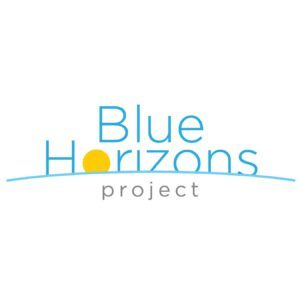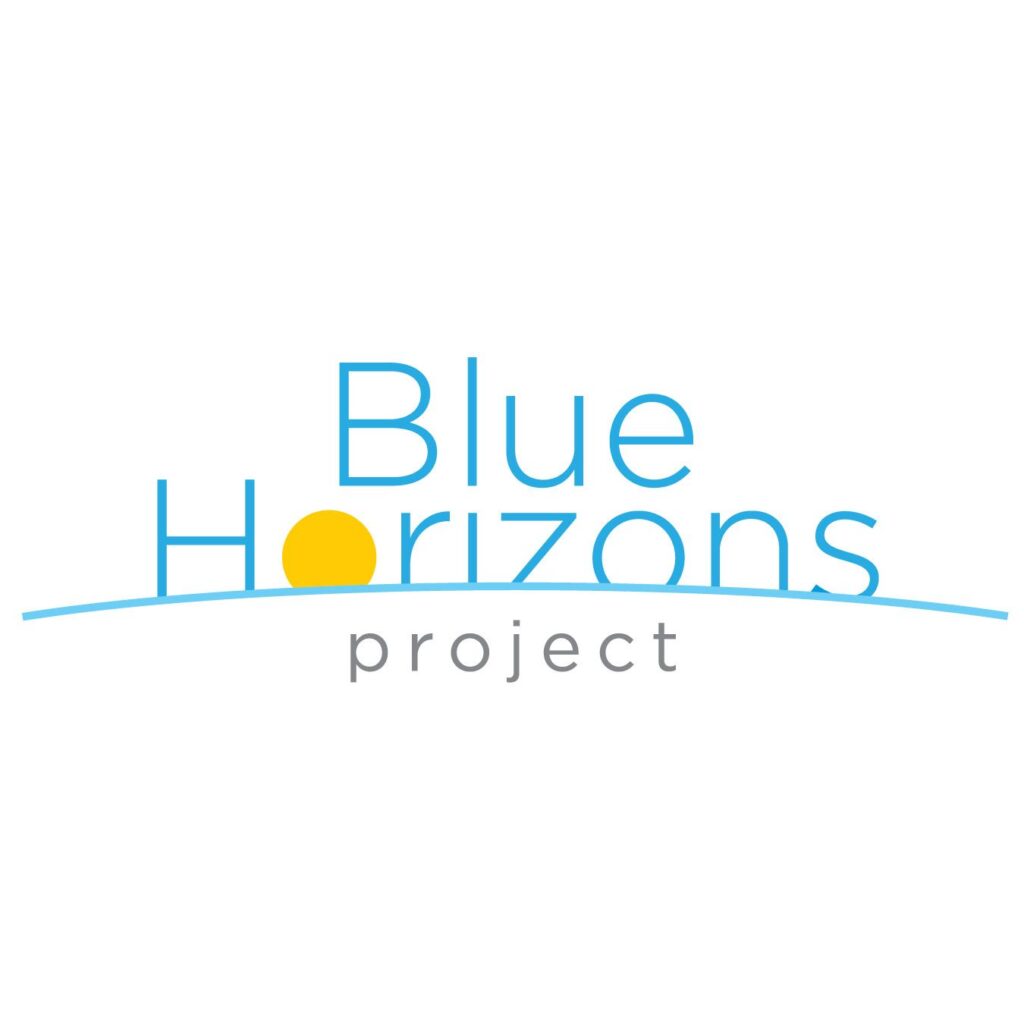
Resulting from a two-year collaboration between local government, business, nonprofit and environmental leaders, the Blue Horizons Project is a comprehensive hub of energy-efficiency programs to empower community members to save money and help create Western North Carolina’s clean energy future.
Launched in the spring of 2018, the Blue Horizons Project is designed to improve access to the wide variety of energy-efficiency programs and resources available to Buncombe County residents and businesses.
“By increasing access to these programs and resources, we hope more community members will be inspired to be a part of our clean energy future.” said Brownie Newman, Buncombe County Commissioner. “We want the entire community to know how they can save money and energy in their homes and businesses, as well as improve their health and preserve our region’s beauty.”
The structure and offerings of Blue Horizons Project were informed by a rigorous review of Western North Carolina’s energy use performed by Rocky Mountain Institute. The resulting data revealed that Buncombe County’s energy demand peaks during winter’s coldest days, driven primarily by residential heating. This data drives the focus of the Blue Horizons Project, which is a portfolio of strategic energy efficiency and demand response solutions.
“We now know more about our area’s energy usage than almost any other community in North Carolina. That allowed us to design a set of programs to address our specific needs,” said City Council Member Julie Mayfield, a chair of the Energy Innovation Task Force (EITF) whose work informed the creation of the Blue Horizons Project.
The EITF includes a diverse cross section of representatives from the city, county, Duke Energy Progress, regional nonprofits and the local business community, along with environmental and clean-energy advocates, who have been meeting since mid-2016. This advisory group has spent the past two years gathering data and developing strategies to support its goals of transitioning the region to a clean energy future and averting the need for Duke’s to build a new natural gas plant in the coming years that would serve only to meet that winter peak energy use.
“The goals of reducing energy demand and moving us to a clean energy future are addressed by retrofitting homes that have the highest energy and utility bill burden,” said Green Built Alliance Executive Director Sam Ruark-Eastes, who is a member of the EITF. “We are launching this campaign to encourage everyone in Western North Carolina to improve their homes, businesses, and this community by through energy efficiency, renewables, and storage.”
The nonprofit Green Built Alliance is housing two new full-time staff positions that will execute the work of the Blue Horizons Project.
“The Blue Horizons Project will connect with and empower all communities in Buncombe County to save money and energy to ensure our region’s future and resilience,” said Blue Horizons Project Coordinator Sophie Mullinax, one of the new hires tasked with engaging the community in this effort. “We are especially passionate about helping people who are least able to afford high energy bills and cannot afford full-cost improvements to their homes.”
Also on staff at the Blue Horizons Project is Jonathan Gach, who manages the Energy Upgrade Program that will serve community members with the most need and least access to energy efficiency.
Blue Horizons Project Energy Upgrade Program will partner with community organizations including Energy Savers Network and Community Action Opportunities to complete efficiency upgrades to low-income homes identified through referrals from local nonprofits including United Community Development, Habitat for Humanity, Community Action Opportunities, Eblen Charities, Asheville Buncombe Community Christian Ministry, and Mountain Housing Opportunities.
After receiving an energy assessment to identify areas for improvements, these homes will benefit from basic efficiency upgrades such as air sealing, duct repair, insulation, LED bulbs, and door and window weatherization. Participating families will also receive information on ways to further reduce their energy use through changing behavior.
Income-qualified families receiving support are identified primarily through referrals by local nonprofits including as well as area churches, and secondarily through potential outreach events. Priority is given to families who currently received LIHEAP subsidies for home-heating assistance. (For more information on the Energy Upgrade Program, read the article on page 52.)
The Blue Horizons Project is being funded through collaborative contributions from Buncombe County, the City of Asheville, Duke Energy and a Southeast Sustainability Directors Network grant.
“Changing our energy future will take collaboration and partnership from every aspect of the community. Duke Energy is delighted to support the Blue Horizons Project as a platform to move to a smarter and cleaner energy future,” said Jason Walls, Duke Energy’s Local Government and Community Relations Manager.
Project input was provided by all members of the Energy Innovation Task Force, including representatives from the City of Asheville, Buncombe County, Duke Energy Progress, Green Built Alliance, Sierra Club, Green Opportunities, Mission Hospital, Biltmore Farms, New Belgium Brewing, Buncombe County Tourism Development Association, UNC Asheville, Self-Help Credit Union, Asheville Chamber of Commerce, Sundance Power, Community Action Opportunities, and the Sustainable Advisory Committee on Energy and the Environment.
To learn more about Blue Horizons Project and the various energy-efficiency programs available to the community, visit bluehorizonsproject.com, and follow the project on Facebook and Instagram. For questions about how the program can help your home or business, email sophie@greenbuilt.org.
Cari Barcas is community engagement director at Green Built Alliance. She has more than a decade of experience in communications and nonprofit management, including time reporting on the green building scene in Chicago as a journalist covering residential and commercial real estate. Connect with Cari at Cari@greenbuilt.org.
You can also view this article as it was originally published on page 48 of the 2018-2019 edition of the directory.


